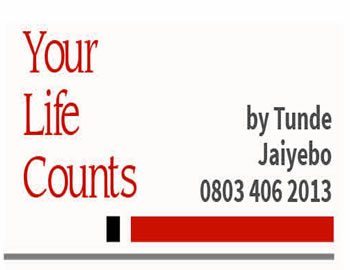There are some who see things for what they are, others who see them as they believe and others only from the angle of what they have seen before. Arguments, disagreements, crises and conflicts are always the result of divergent perspectives. When we do not manage and reconcile varying perspectives conflict will always ensue.
Our perspective is formed by a number of factors. Our experiences, expectations, exposures, education are building blocks of our perspective. Our culture, status, religious belief also play a role in shaping our perspectives. Also what we know is a critical factor that determines our perspective. Limited knowledge of an issue or of a person will adversely affect our perspective. For example, if you hear that Mr A whom you have never met is a person not to be trusted because he is not reliable you are likely to see him from the angle of that knowledge. When you eventually meet Mr A you will relate with him from the perspective of what you have known about him. Many people have related wrongly with right people due to wrong information only to realize that their perspective of the person was actually wrong. If we are going to get along well in life either with people or institutions and organizations we need to have correct knowledge of them. The more accurate our knowledge of people, issues, institutions and situations are the better and more accurate our perspectives will be.
“We look at situations, events, and interpret what other people say and do, according to our own set of past experiences, culture, faith, values, all of which help us form our beliefs about ourselves, about others, and about the world in general. The meaning we give events, the way we make sense of our world, is based upon our set of core beliefs.
Our minds are constantly trying to make sense of our world, forming judgements and opinions about every situation, event, interaction. Those judgements and opinions will be affected by our central or core belief system. It is as though we are looking at the world through distorted or coloured lenses – and everyone has their own personal prescription or colour for their glasses.” Self help.com
Once perspective is wrong or faulty everything else will be out of place. Our perspective determines our attitude and responses to things, issues and people. Our perspective shapes and determines who we are and how far we can go.
If our lives will count we must have right perspectives. The best is yet to come so we must be optimistic. Let us focus more on the positive than the negative. Let us dwell on possibilities than in problems. Let us see life from the angle of the half full glass than the half empty glass. As long as we are alive there is hope.
For enquiries/comments please send email to charismokola@yahoo.com





